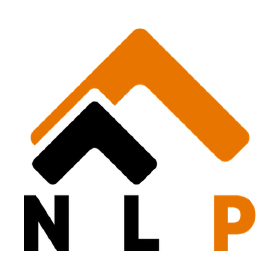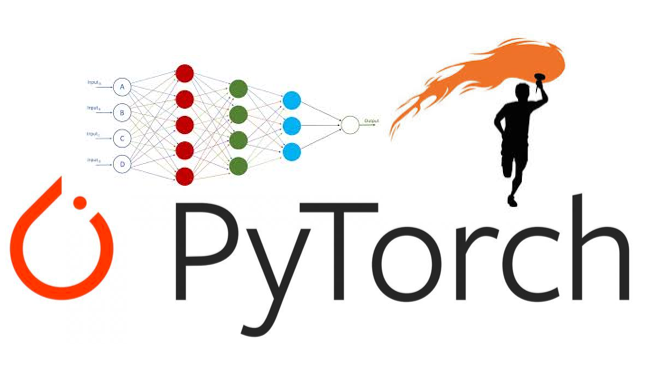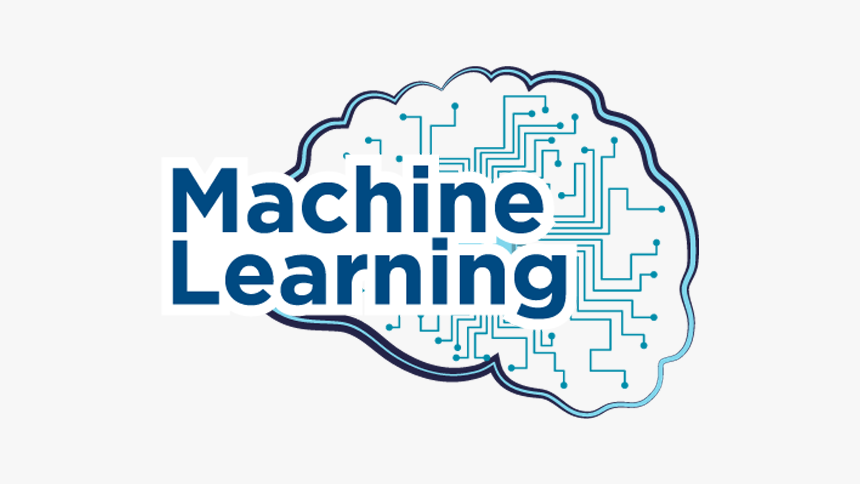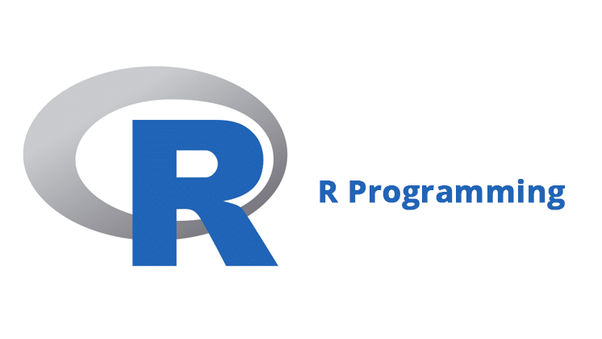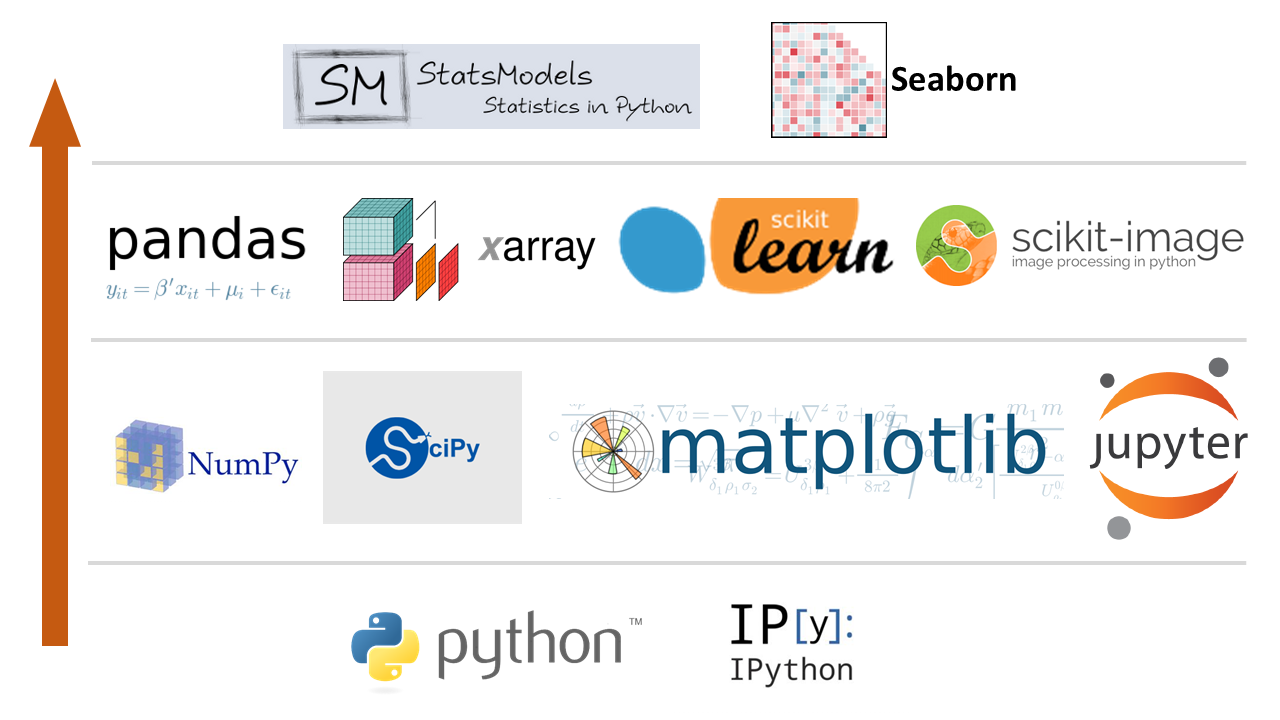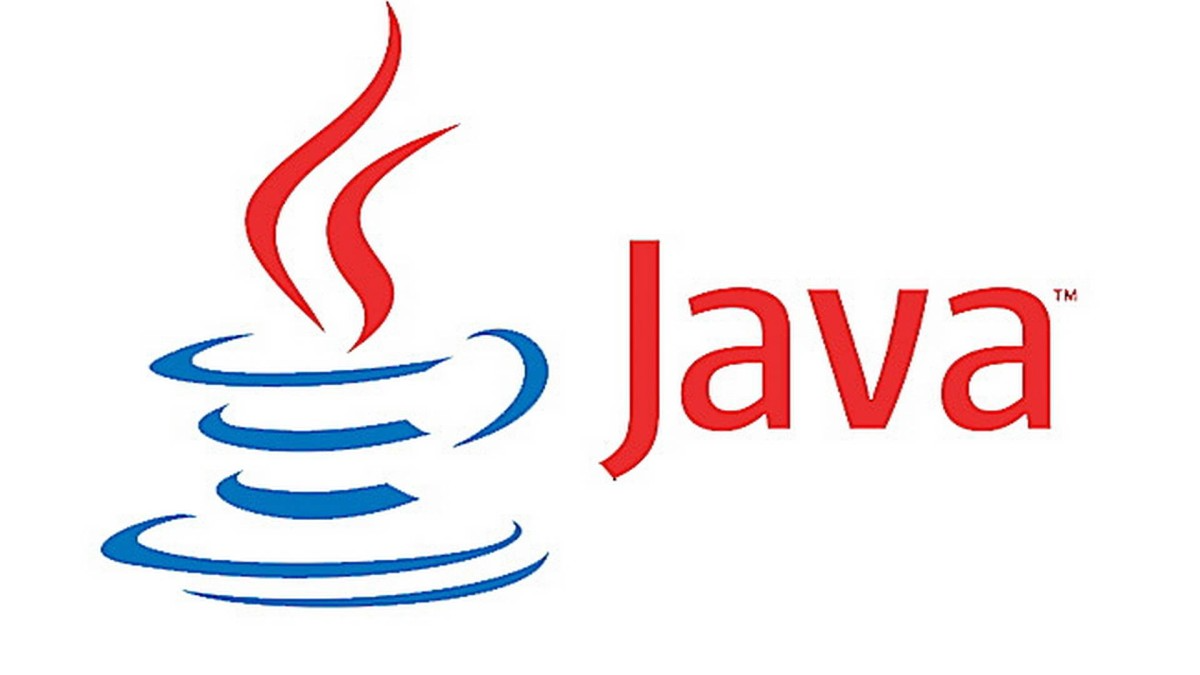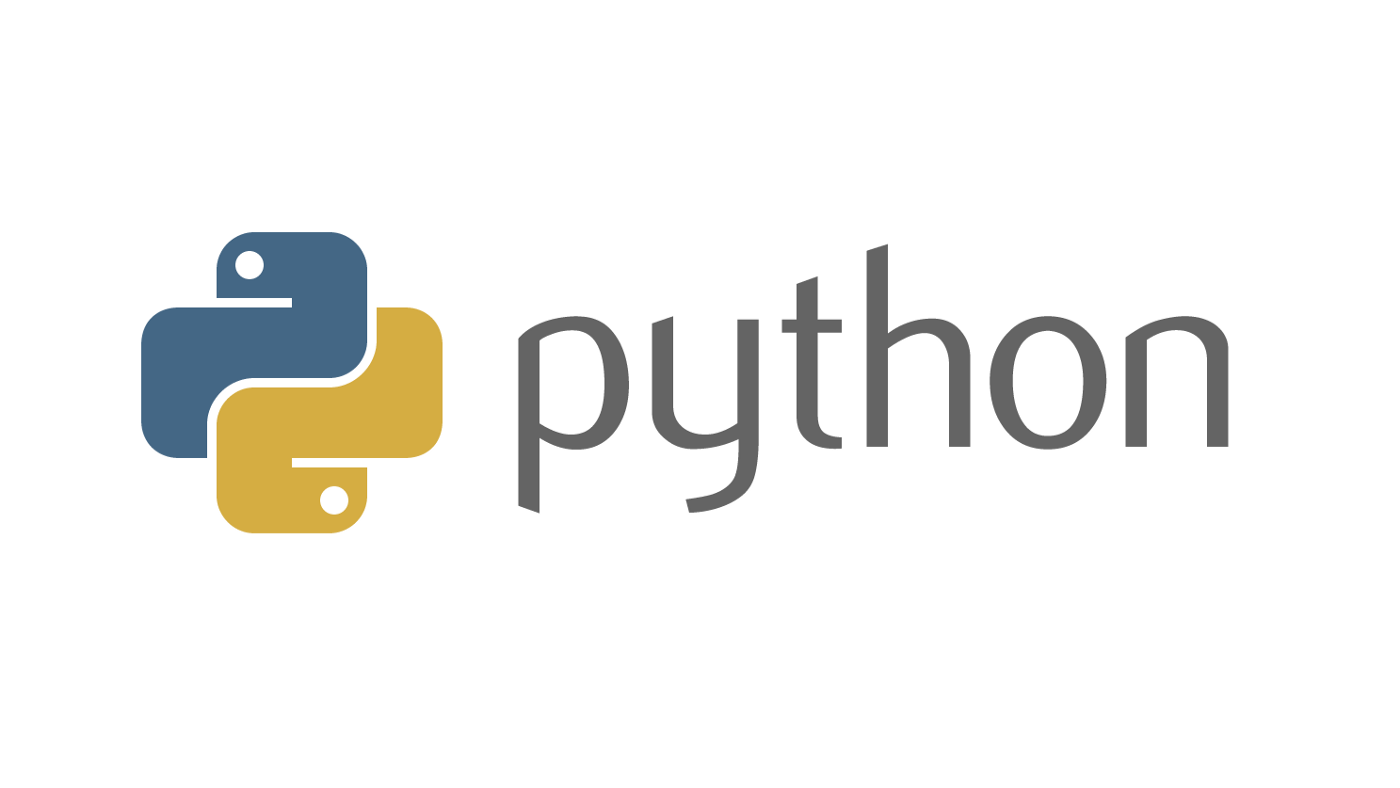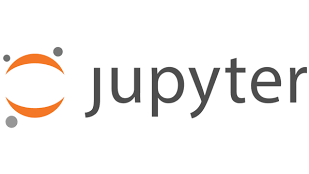About
I am a first-year Ph.D. student in EECS at UC Berkeley, affiliated with Berkeley AI Research (BAIR) and Sky Computing Lab. My research is advised by Prof. Joseph Gonzalez, Prof. Trevor Darrell and Prof. Ion Stoica. I am interested in multimodal interactive intelligence. I work as a Member of Technical Staff at Voio, Inc, where I co-lead multimodal post-training for vision-language models to understand and reason about volumetric radiology scans. I am an incoming research scientist intern at Meta Superintelligence Lab in summer 2026.
Previously, I obtained B.S. in Data Science at the Halicioglu Data Science Institute (HDSI) and B.A. in Cognitive Science at the CogSci Department at the University of California, San Diego (UCSD). I was advised by Prof. Zhuowen Tu and Prof. Zhiting Hu for generative models in computer vision during my undergraduate years. I obtained my M.S.E. in Computer Science at Princeton University, advised by Prof. Danqi Chen where I worked on multimodal pre-training, reasoning and evaluation. I am a recipient of Siebel Scholar, Class of 2025 in Computer Science.
Publications

We introduce polylithic systems, where independent producers contribute specialized capabilities to a shared agentic system. Our experiments show that coordinated specialists from multiple producers outperform monolithic generalists, and even small producers that underperform in isolation can improve the overall system by 5–13%.
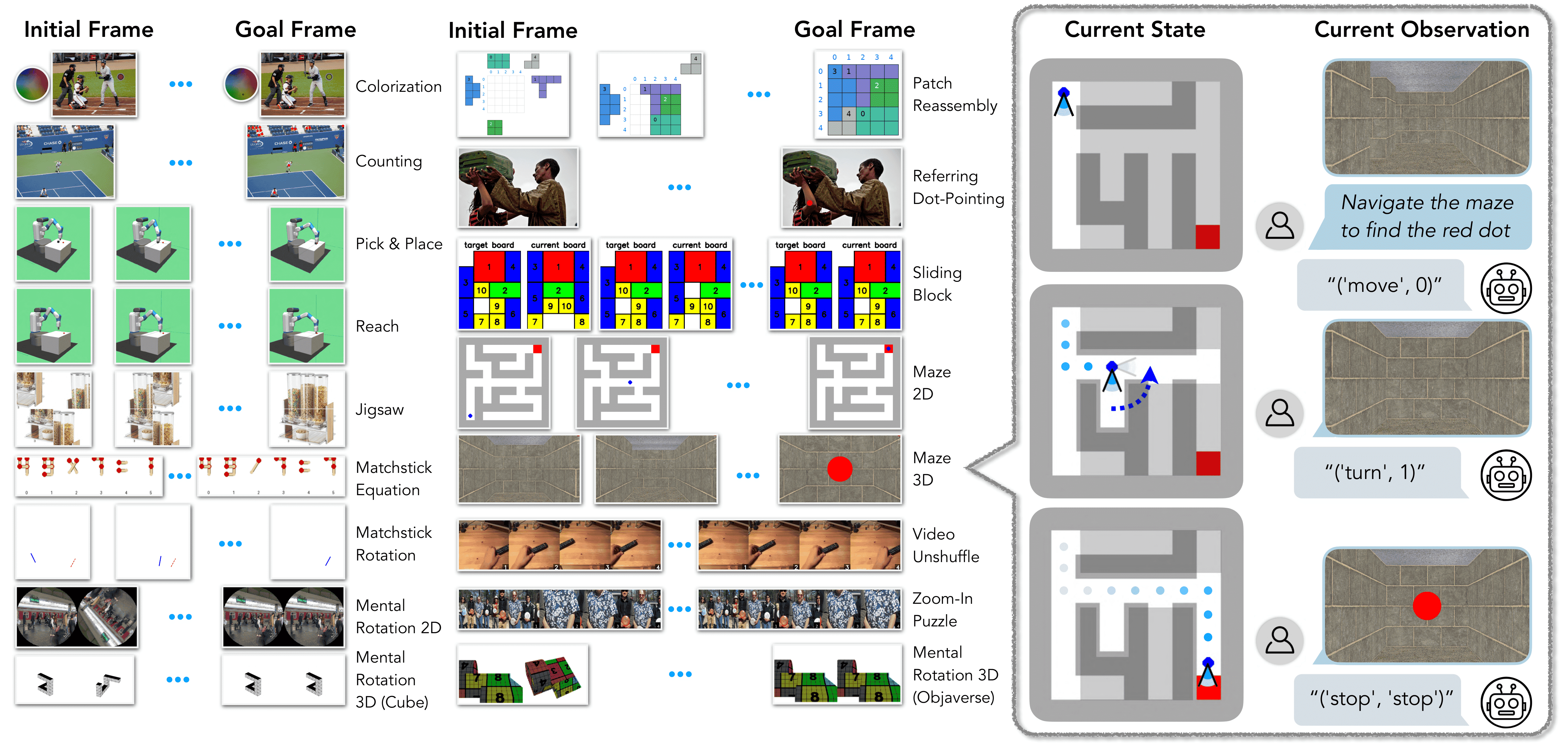
We introduce VisGym, a gymnasium of 17 environments for evaluating and training VLMs. The suite spans symbolic puzzles, real-image understanding, navigation, and manipulation, and provides flexible controls over difficulty, input representation, planning horizon, and feedback.
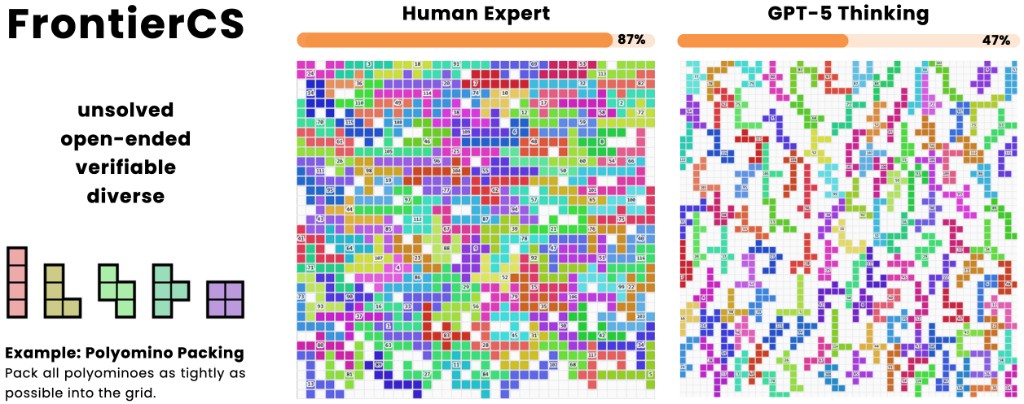
FrontierCS is a benchmark of unsolved, open-ended, verifiable, and diverse computer science challenges designed to evolve alongside AI capabilities, featuring problems like polyomino packing that remain difficult even for advanced models.

We propose YOLO-Count, a differentiable open-vocabulary object counting model that tackles both general counting challenges and enables precise quantity control for text-to-image (T2I) generation.

NeurIPS Workshop on Multimodal Algorithmic Reasoning (Spotlight)
ECCV Workshop on Emergent Visual Abilities and Limits of Foundation Models, 2024
CharXiv reveals significant shortcomings in MLLMs’ chart understanding, showing a large performance gap between models and humans.

We close the performance gap between screenshot Language Models and text-only Language Models on language understanding tasks with our PTP objective.
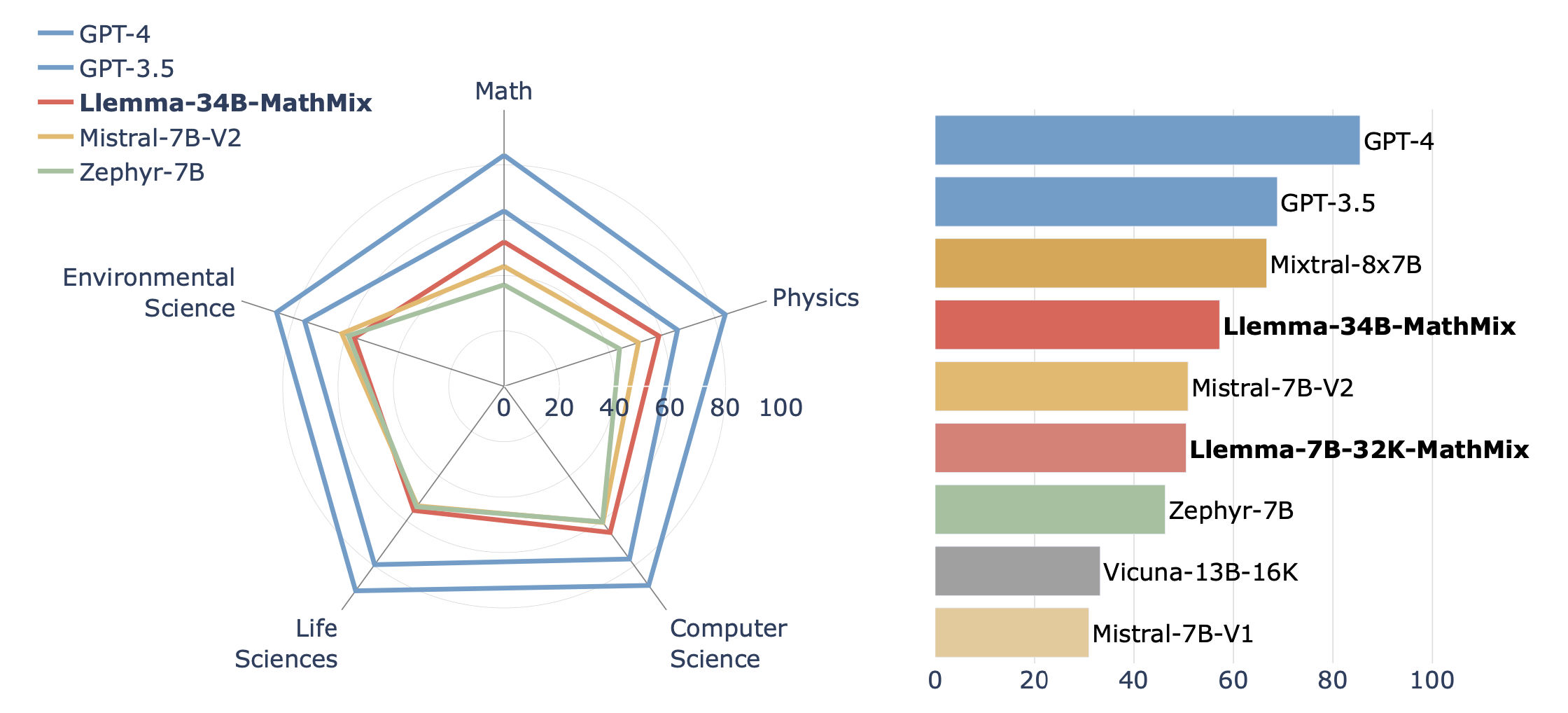
We propose TutorChat and TutorEval, a dataset of long synthetic dialogues about textbooks and a question-ansering benchmark consisting questions about long chapters from STEM textbooks written by human experts.
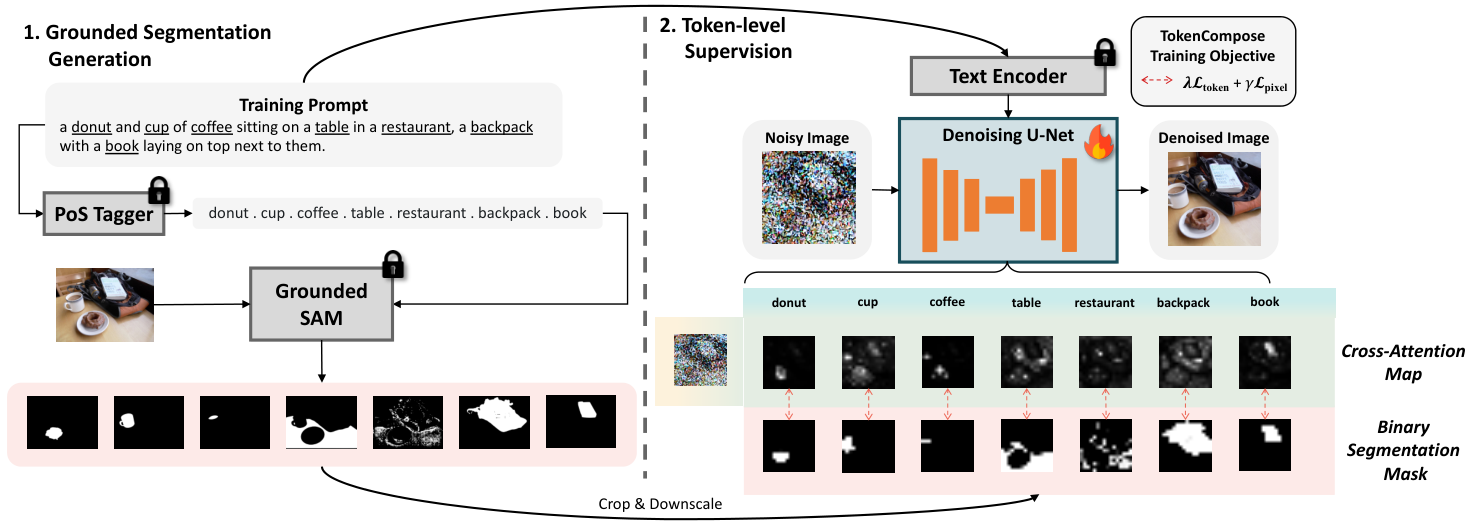
We introduce token-wise consistency terms between the image content and object segmentation maps in training text-to-image models for enhanced multi-category instance composition and photorealism.
We provide a two-way integration for the widely-adopted ControlNet method by integrating four external condition generation algorithms into a single dense image labeling method, and by integrating its individually trained image generation processes into a single model.
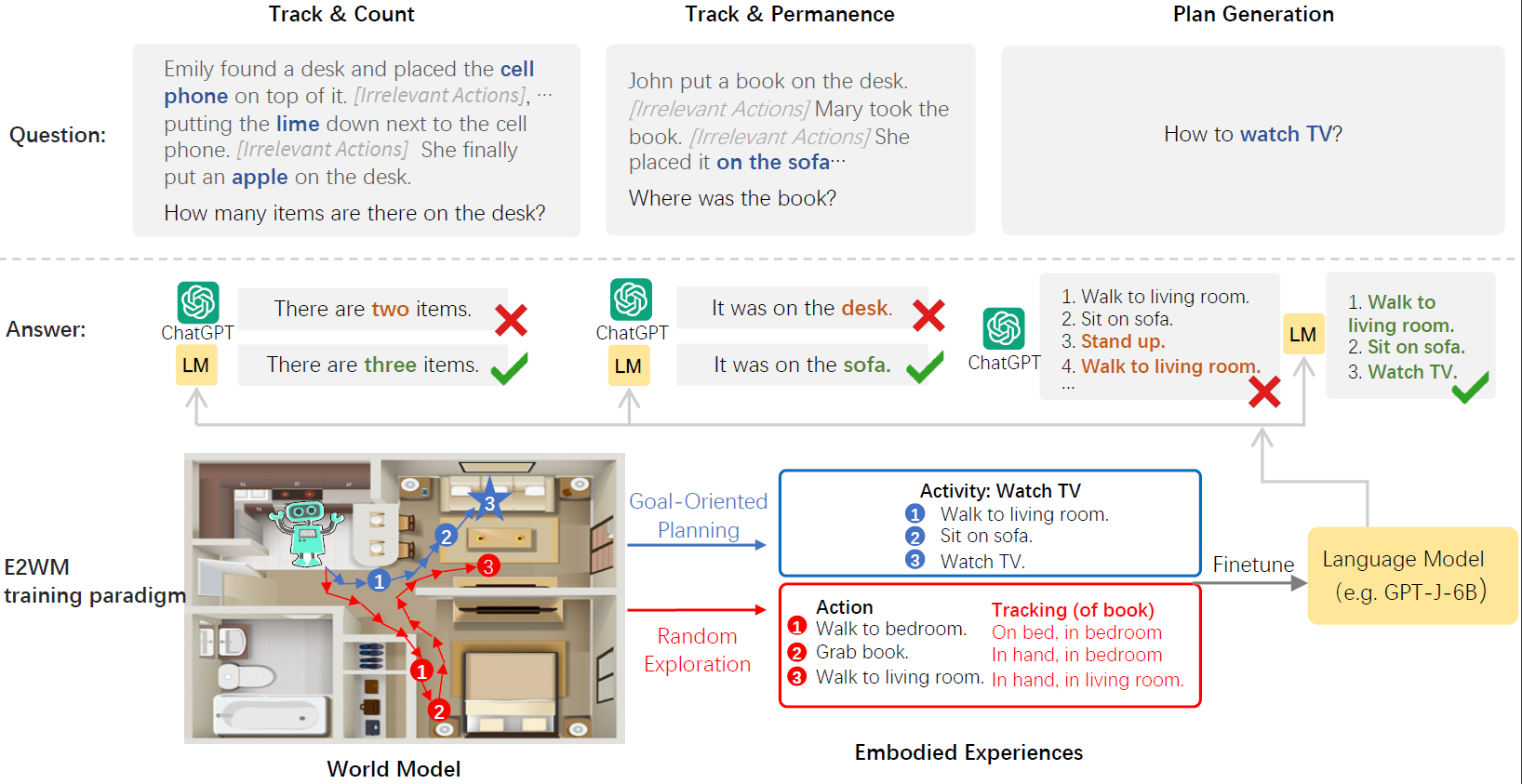
We establish a framework that effectively and efficiently finetunes a language model with embodied experience while retaining its language modeling abilities.
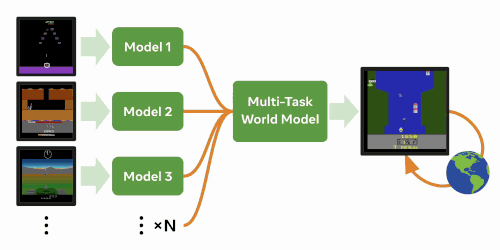
We investigate whether internal models learned by modern model-based RL algorithms can be leveraged to solve new, distinctly different tasks faster.
Services
📝 Conference Reviewer:
- International Conference on Machine Learning (ICML): 2024, 2025, 2026
- International Conference on Learning Representations (ICLR): 2024, 2025, 2026
- Conference on Neural Information Processing Systems (NeurIPS): 2024 🏆*, 2025
- Association for Computational Linguistics (ACL): 2025
- Conference on Computer Vision and Pattern Recognition (CVPR): 2025
- Association for the Advancement of Artificial Intelligence (AAAI): 2026
* Outstanding Reviewer
🎓 Alumni Interviewer:
- Princeton University, Class of 2030: 2026
Teaching
Misc
- 🏋️ I compete in powerlifting at 82.5kg. The physique? Just what happens when you spend too much time under a barbell.


